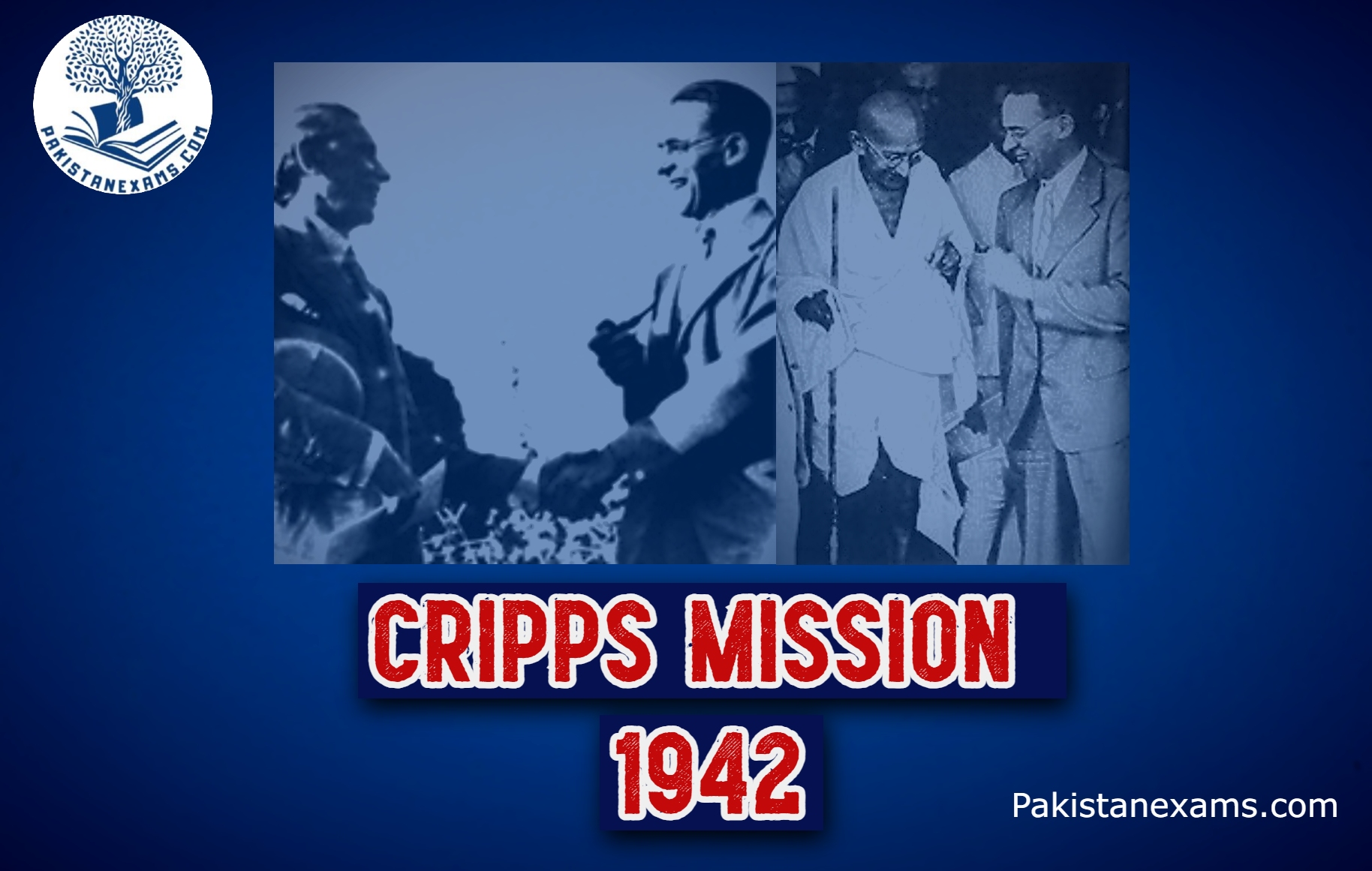Introduction
The Cripps Mission of 1942 was an important event in India’s struggle for independence. It was a diplomatic initiative commenced by the British government to secure Indian cooperation and support during World War II.
Background of the Cripps Mission of 1942
The Cripps Mission was named after Sir Stafford Cripps, a member of the British War Cabinet. It was sent to India in March 1942, to address the demands for self-government and independence from Indian political leaders.
Objectives of the Cripps Mission of 1942
The primary objective of the Cripps Mission was to secure Indian support for the British war efforts. It also went to India to offer a political settlement that would grant India dominion status and the right to define its own future constitution. The mission intended to create a united front against the Axis Powers and strengthen the British war effort in the region against them.
Reaction and Criticism
The Cripps Offer faced mixed reactions from Indian political leaders and the public. While some leaders, saw it as a step forward, others, including the Muslim League and the Indian National Congress, criticized it for not accepting their demands for immediate independence and full autonomy.
Significance of the Cripps Mission of 1942
The Cripps Mission holds significance for several reasons:
- It marked a critical turning point in India’s struggle for independence. The reason is that the first the British government recognized the need for a political settlement and self-governance for India.
- The mission brought the issue of Indian independence to the international attention because it was widely covered by the media.
- The Cripps Offer also laid the foundation for future negotiations and discussions on India’s political future.
Conclusion
In short, the Cripps Mission of 1942 was a significant event in India’s struggle for independence. Although it did not result in an immediate resolution, it played a crucial role in shaping the political landscape of India. It also set the stage for future negotiations and the ultimate attainment of independence.

